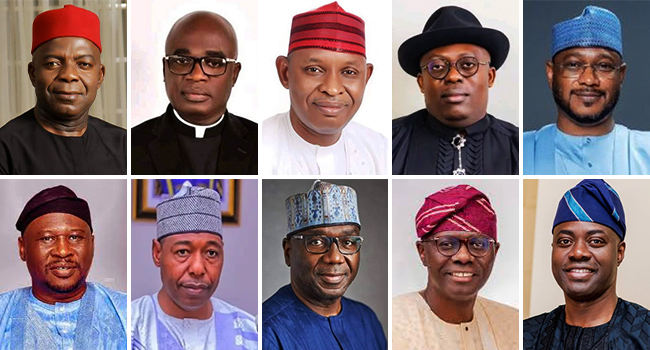State governments in Nigeria spent a staggering N1.994 trillion on recurrent expenditures in the first nine months of 2024, including refreshments, sitting allowances, travel, and utilities, despite falling short of revenue targets by N948.28 billion. The states generated N1.92 trillion in internally generated revenue (IGR) against a target of N2.868 trillion.
Rising Costs and Borrowing
Data from the first three quarters of 2024 reveals that the states borrowed N533.29 billion while spending N658.93 billion to service debts. The report, which excluded personnel costs, highlights the need for stricter fiscal discipline amidst increased statutory allocations following the removal of fuel subsidies and the unification of the foreign exchange market.
Notable spending includes:
- Lagos State: Highest recurrent expenditure at N375.19 billion while generating N912.17 billion in revenue.
- Plateau State: Spent N144.87 billion but earned only N18.03 billion, creating a significant fiscal gap.
- Delta State: Recorded N121.54 billion in operating costs, surpassing its N97.02 billion revenue.
Borrowing and Debt Service
Several states relied heavily on loans to sustain their budgets:
- Niger State: Borrowed the most at N79.09 billion.
- Katsina State: Acquired N72.89 billion in loans.
- Taraba State: Borrowed N52.63 billion to cover a N50.55 billion deficit.
Revenue Leaders and Laggards
While Lagos State topped revenue generation with N912.17 billion, other states struggled:
- Taraba State: Generated N7.84 billion, creating a vast fiscal deficit.
- Kogi State: Spent N84.48 billion on operating expenses but earned only N19.86 billion.
Expert Concerns
Economist Prof. Segun Ajibola of Babcock University criticized the enduring high cost of governance, which provides minimal grassroots benefits. He noted that state assemblies have largely failed in their oversight roles, allowing governors to operate with limited transparency and accountability.
The Fiscal Responsibility Commission recently cautioned that Nigeria’s current fiscal federalism structure might be unsustainable without significant reforms, emphasizing the urgency for more responsible governance.
Outlook
As states grapple with financial constraints, calls for reducing governance costs and improving revenue generation have grown louder. Improved fiscal discipline and transparent governance practices are crucial to addressing these challenges.




